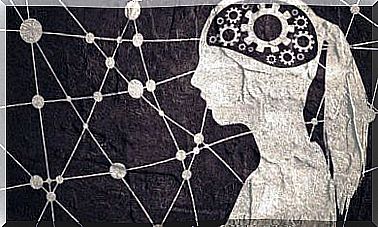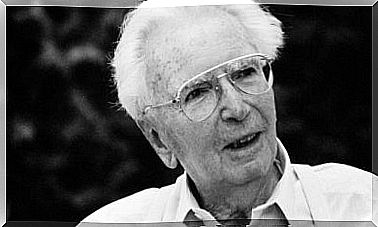What Can I Do When I’m Envious?

Envy is a feeling that expresses the desire to possess or be like another person. This feeling, on many occasions, is expressed through rejection, reproach and criticism of the envied person.
We could say that feeling envy generates a negative attitude towards the person or situations envied, when in reality, the deep feeling that provokes envy is the attraction of what the other person possesses and we do not.
Why am I envious?
Being envious puts us in a situation of contempt for ourselves. Thus, that same is the origin of envy, the inadequate self-concept that we have of ourselves.
When our self-esteem is low, we don’t feel capable of getting what we want and we don’t feel satisfied with who we are. At the same time, we are also unable to change to become who we want to be.

For this reason, when we meet people who have what we want and do not see the possibility of achieving it for us, they remove us from the inside, expressing towards them the anger, frustration and dissatisfaction that we feel with ourselves, in the form of rejection, criticism and reproach.
Albero Acosta (2017), professor of Psychology at the University of Granada, affirms that when we feel envy “we yearn for something that another person possesses and we believe that it is unfair that that person has it and we do not ”. He adds that the obsessive and self-destructive character of envy can make the envious person suffer a lot and “not realize their good virtues or their magnificent personal qualities or their good situation . “
What can I learn?
It is important to know how to identify envy in order to learn from it and recognize that we feel dissatisfied with ourselves. From there, we can consider a personal change in search of the lost satisfaction, exploring ourselves again and discovering the capacities that are hidden in our depths.
It would be very good, to channel envy towards admiration, a feeling that makes us learn from others, observing their positive attitudes and value, for which they have arrived where they have been proposed.
Admiration allows us to feel good about ourselves, treating ourselves from an attitude of self-improvement and personal growth, proposing to go where others have already arrived and recognizing in us all the capacities and abilities necessary to improve ourselves and learn.
From Buddhist Psychology, one of the antidotes to combat envy is the rejoicing with success of others. Instead of feeling frustrated and angry, learning to be genuinely happy for others will bring us a higher level of happiness. From Buddhism the conception of love is to wish happiness and the causes of happiness to all beings. The latest scientific research is showing that meditating on love increases our levels of happiness.
Lama Rinchen, a Buddhist Teacher , lists some of the benefits of loving-kindness meditation:
- Increases life satisfaction.
- Reduce self-criticism.
- Encourage social connection.
- Cultivate concern for the needs of others.
- Increase positive emotions.
Projecting our life
Admiration can mean personal projection through others. It is an attitude that allows us to dream further than we would have been capable of alone. This is so because the observation and recognition of the achievements of others can be an enhancer of personal motivation to go further, to improve ourselves and to continue growing.
Projecting our life is necessary. For this to fill us, it is important to look for models, to admire those who have already managed to achieve their dreams and desires. So that by following his example, we can continue on our way to our best version.

Far from envy and rejection of envied people, admiration produces an approach towards people, since we admit and recognize their achievements and virtues, showing interest in learning from them and with them.
Making changes
Without a doubt, in order to admire, it is necessary to feel comfortable with ourselves, recognizing our abilities and our attitude to learn. It will be necessary to feel like a person capable of projecting and dreaming, and of course, of getting where we want to go. For example, how far is the person we admire and become who we want to be and achieve what we want to have.
Ultimately, if we don’t like ourselves and want to change inspired by the people we admire, first of all we have to recognize our possibilities for change – which we all have – and then project that change we want in ourselves.









